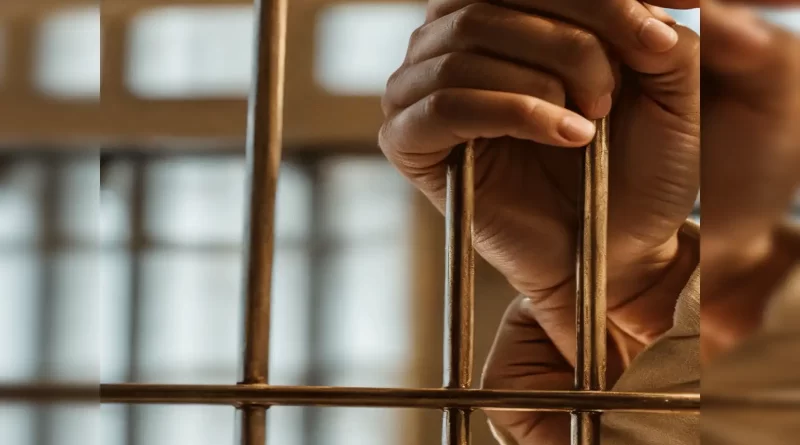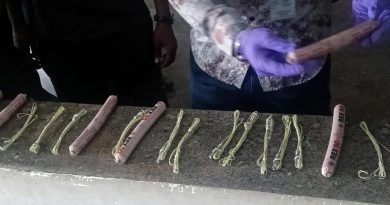Kerala Court Hands 180-Year Jail Term in Shocking Child Abuse Case
Bangalore Mail Crime Bureau |
November 5, 2025
In a rare and hard-hitting judgment, a special POCSO court in Manjeri, Kerala, has sentenced a mother and her male partner to 180 years of rigorous imprisonment each for the repeated sexual abuse of a 12-year-old girl. The court also imposed a fine of ₹11.75 lakh on both, with another 20 years in jail if the amount isn’t paid.
Abuse Hidden Behind Fear
Investigators revealed that the horrific assaults took place between 2019 and 2021 in Malappuram district. The man, posing as the girl’s step-father, reportedly threatened her with bizarre lies — including claims of a “camera in her head” — to keep her silent. Her mother allegedly enabled and abetted the crimes.
The case was filed under the IPC, the POCSO Act, and the Juvenile Justice Act following an investigation by the Vanitha Police Station in Malappuram.
A Verdict That Speaks Loudly
Delivering the sentence, Judge Ashraf A.M. described the crime as “monstrous” and emphasised that the punishment should reflect its brutality. The court ordered the fine amount to be paid to the survivor and directed authorities to ensure additional compensation through the Victim Compensation Scheme.
Signal of Zero Tolerance
The judgment stands as one of the most severe ever recorded under the POCSO Act in Kerala. It sends a clear message of zero tolerance for child sexual abuse — particularly when committed by those entrusted with a child’s care.
Legal experts say the ruling may set a precedent for future cases, proving that courts are willing to go the extra mile to ensure accountability in crimes against minors.
Beyond the Sentence
Despite the breakthrough verdict, activists caution that deep-rooted issues remain: under-reporting, delayed trials, and limited survivor rehabilitation. They stress that true justice requires not just punishment, but lasting psychological and social support for victims.
The Way Forward
Authorities have been urged to strengthen school-level detection networks, improve coordination between police and child-welfare bodies, and ensure that survivors receive long-term protection and therapy.
The Manjeri verdict, while historic, is a reminder that protecting children is an ongoing duty — one that demands vigilance, empathy, and swift institutional action.




